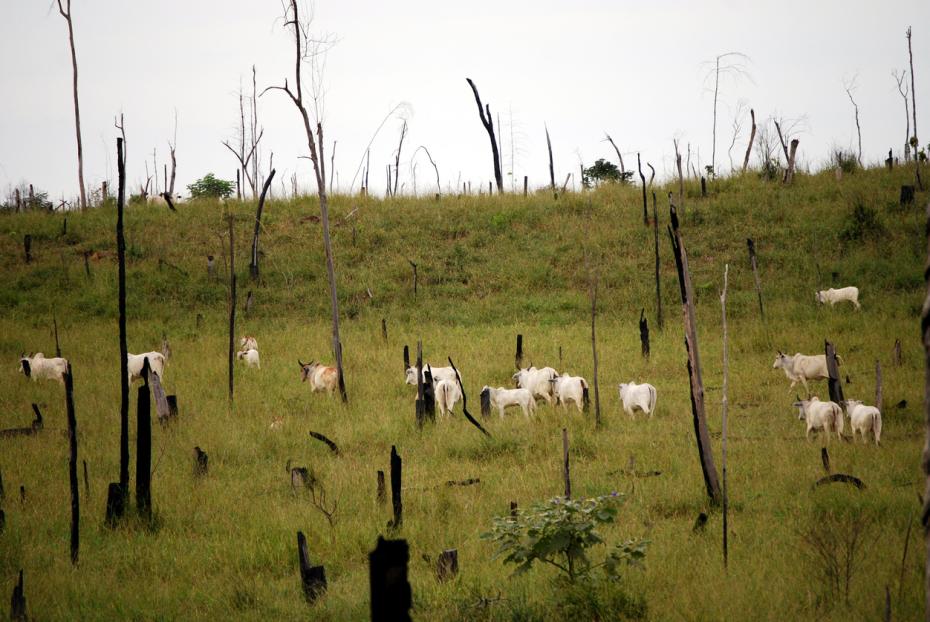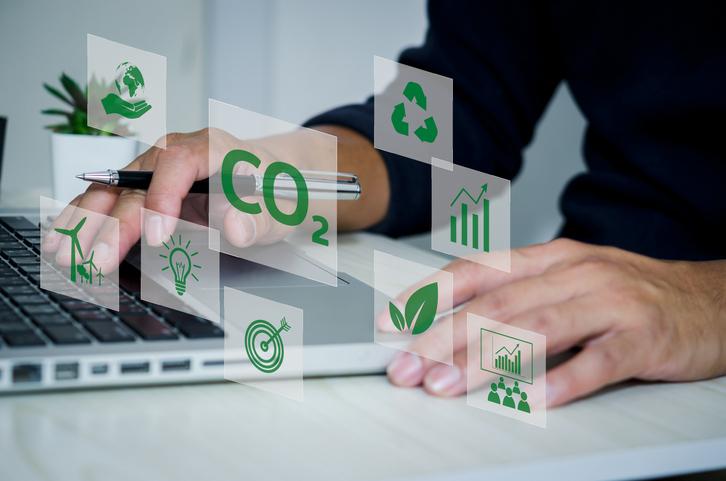“So much to do!” “So much to cram in!” “So little time!” This is a common trope from accounting academics, professional bodies and training providers responding to requests to embed sustainability into accounting and finance curricula. The good news is that there are many examples of successful, time-efficient ways to do so, drawing on over 30 years of academic and professional work. As well as material from individual academics, professional accountancy bodies, learned societies and academic networks (such as the RSA, the Centre for Social and Environmental Accounting Research, the Network for Business Sustainability), there are many global programmes supporting these efforts, like the United Nations Principles for Responsible Management Education (UN PRME) and Education for Sustainable Development. Not only is embedding sustainability possible, it is an imperative if accountancy and finance professionals wish to future-proof their field and contribute to sustainability transformations.
In this article, we highlight examples that can be adapted to different educational settings and illustrate what can be done – not the limit of what should be done – to mainstream the principles expressed in the United Nations’ Sustainable Development Goals and support the development of key competencies for sustainability.
There are many accounting practices (and countless textbook exercises) that provide evidence of how to overcome limiting factors or resource bottlenecks – eg, limited labour hours, machine capacity constraints or sales forecast. A simple adaptation would be to replace these limiting factors with a water extraction licence for a brewery, greenhouse gas emissions for a cement factory or soil fertility for a food producer. Same sums, different problem, useful evidence. Or we could look to implement Mark Carney’s proposal in his recent book, Values: Building a Better World for All, that any financial cost produced should be accompanied by a carbon cost, producing meaningful evidence to move a business along its net-zero pathway. A good example of how to teach this is the carbon accounting mini-lecture series produced as part of University of Birmingham’s Carbon Accounting for Net Zero initiative.
- Three steps to designing online learning that supports a sustainable future
- Engaging students in applied research to tackle Sustainable Development Goals
- All Campus’ higher education resources to reach the sustainable development goals
We can also revisit and reflect on the appropriateness of accounting techniques and valuation theories from the perspective of known sustainability risks. A good place to start could be seminars discussing the best way for oil and gas companies to value their stranded assets and the accompanying stranded liabilities of their bankers or shareholders. Similar risks to value, including known sea level rises, forest fires or flooding, could be integrated into the financial reporting and asset valuation modules taught in these courses. A more adventurous approach would be to extend consideration of these sustainability consequences into more active role-playing sessions or dramatic representations. Anne-Christine Frandsen and Nick Bailey at the University of Birmingham have honed this approach over several years and have produced a highly adaptable dramatisation that gets to the core of the intersections between accounting, responsibility and sustainability.
Another way to efficiently embed sustainability into business reporting and assurance education is through an alternative accounting approach. Assign students an organisation or let them choose one and then task them with gathering and assessing publicly available evidence about the organisation from social media, news media and primary data. They’ll use this to conduct critical gap analyses of the organisation before recommending how it might improve the design and content of future sustainability accounts. Central to this activity is a concern with designing new and meaningful accountability mechanisms, rather than solely ensuring compliance with existing standards. This exercise empowers students to become sceptical assurers, forensic accountants, critical researchers, creative report designers and skilled in gap analysis, while also developing a sensitivity to a full range of stakeholders instead of being fixated on shareholders. This approach has been successfully adapted to different teaching contexts, ranging from a single tutorial exercise, a capstone assessment and even the basis for international collaboration. One iteration involved students auditing the sustainability of their university, presenting their accounts to the management and engaging in a discussion of their findings, allowing for mutual learning as well as providing a clear purpose for this work.
A final source of inspiration can be found in national and international case study competitions within accounting and relevant disciplines of finance, economics and management. These challenges invite students to write a case or essay to address a predetermined problem. Recent examples include Accounting 4 Sustainability’s case competition inviting students to develop specific solutions to reflect a sound commitment to action on human rights within business and the 8th student writing competition from the UN PRME UK and Ireland. These competitions are relatively straightforward to integrate into accounting and finance programmes and often deliver multiple outcomes in an engaging, purposeful and collaborative activity.
From valuation to costing and reporting, sustainability matters and will continue to do so. Given its importance, the approaches outlined above illustrate the continued collective effort across academia and the profession to ensure accounting professionals can effectively and ethically address the risks associated with unsustainability. For educators, it may seem as though there’s limited, if any, spare time to incorporate the teaching of sustainable practices. But if we come together and engage in a collective, not competitive, endeavour, then we can work smarter to embed sustainability. Not acting is not a sustainable strategy.
Shona Russell is a senior lecturer in the School of Management at the University of St Andrews. Ian Thomson is a professor at the University of Dundee School of Business.
If you would like advice and insight from academics and university staff delivered direct to your inbox each week, sign up for the Campus newsletter.




comment1
(No subject)